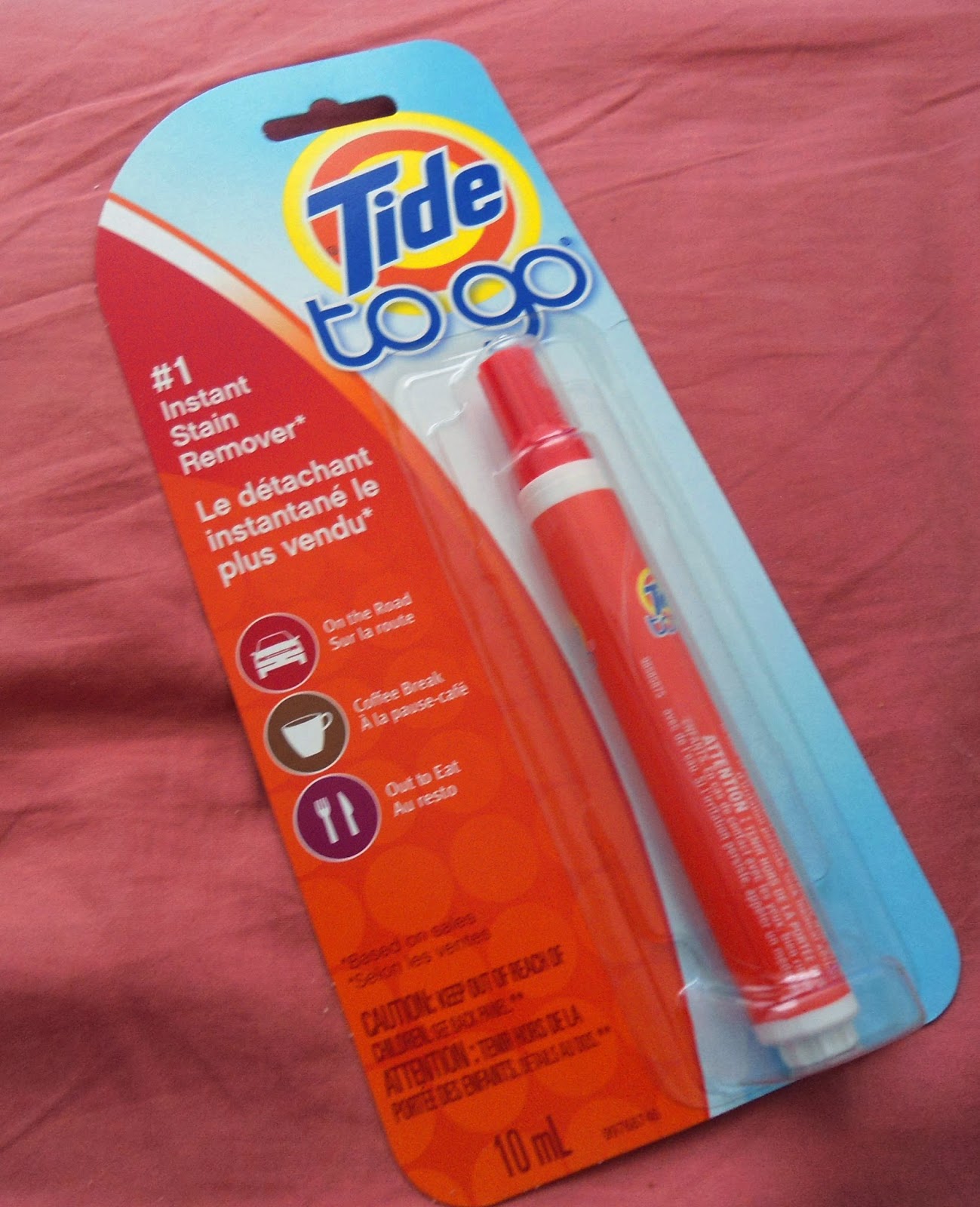I am a Canadian.
I was born here, raised here and identify myself both with its geography and its culture, right down to the hockey-loving and beer-swilling (though with the addendum that I like the idea of beer-swilling. Being Asian gives me various biological disadvantages on that front)
But like many Canadians, I am not a native of this land. I am ethnically Korean, with two parents that immigrated here in the 70s and 80s. And with both my parents being first-gens meant that my upbringing was one that emphasized many traditional Korean values.
Which is why the news of the
Sewol ferry disaster in Jindo in South Korea has struck a personal chord with me.
The ship took two and a half hours to fully capsize, although it appeared that the boat was nearly completely sideways after only an hour, with the final hour of the boat being in a position where rescue was realistically no longer possible or highly unlikely. So more or less, there was only an hour and a half of time between the accident originally taking place and the boat being no longer accessible to rescue operations for people to escape safely.
And yet, for about an hour, maybe more, the only instructions given on the ship was "put on life jackets and stay where you are."
There were 476 people on this vessel, most of them 16 and 17 year old teenagers from Danwon in Ansan. Only 174 people, including around 20 crew and the captain, made it out alive.
Of the 302 dead or presumed dead, most of them are children.
Some have said that Korean culture that prizes obedience in their youth was the reason why so few made it out of the ship alive, preferring to defer to the wisdom of their so-called elders who had told them to stay put and wait further instructions. Elders who turned out to be less than wise given that the captain
literally was caught with his pants down during the sinking.
But let's not kid ourselves; the culture of obedience is not at fault here. Most children of that age regardless of culture, race or religion would have rather deferred to an announcement blaring instructions in that situation, simply because most kids would not know any better in that situation and therefore refer to the "experts" - the people whose job it is to know what to do in these kinds of emergencies.
Sure, perhaps in certain cultures some would question the authority more, but whether they'd act on it is a different matter entirely and for the most part would still defer such responsibilities to those who supposedly would know better.
In order to know better, it would mean children having been given instructions and knowledge on when to recognize when a ship is sinking and what to do in such an event. But since when do a parent or a child have to teach or have to learn what to do in the event of an emergency on a ship that is sinking, which is head to deck and once above deck put on a life jacket and hang on until rescue is available? Or at what point should it be obvious that a ship will sink, given that these people were not told that the ship was sinking, only that there was a dangerous situation going on, which can range from a serial killer on board to a fire in the kitchens.
And plus, it appeared that by the time it was obvious that things were in a truly dire state, for many, it was too late to get out.
You can't claim common sense here because honestly, these situations are not common. You can't expect the average person to know what to do any more than asking the average person to know how to build a fire from scratch. The onus of education is therefore on the crew, who ultimately did not offer such advise or knowledge on the Sewol.
By blaming the culture of how a child is raised, one blames the victims and their families, who have enough regrets as it is without the wider world asking if their cultural identity is what went wrong.
The only ones who deserves the blame are the people who first allowed the vessel to set sail without meeting minimum safety standards which caused the disaster to begin with and the incompetence of the crew who failed to order their passengers on deck and deploying lifeboats in that critical 40-60 minutes they had once they knew they were in trouble.
'Worried about people jumping in the unsafe water?' Gathering people on the deck hardly constitutes abandoning ship, only a call to prepare for such a possibility. And as some have pointed out, I'd rather take my chances surviving in those waters than being trapped below deck.
The crew should have known better and been trained for such possibilities. (Whether they have been given such training would fall under the fault of the company who hired them) Their failure to pass along such survival knowledge and instructions when they most needed it and instead providing information that likely doomed most of their passengers is what led to such a huge tragedy.
Most of the surviving crew is now in custody awaiting charges, with many Koreans angry enough at them to likely strangle them with their bare hands if they had half the chance. Because no Korean isn't affected by this in some way; those who have or had children can feel the parents grief, those who are young have lost their sense of invincibility, and every one wondering if they could have done something to have prevented this.







